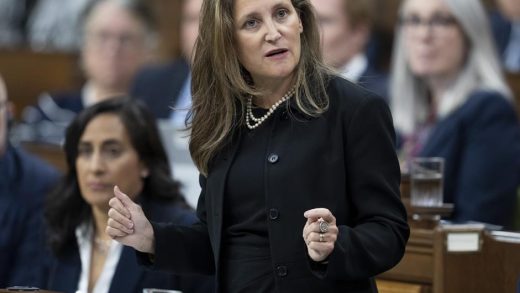
GAIL IMHOFF PHOTOGRAPHY/Supplied
Tricia Walsh was addicted to meth, but has since turned her life around. She says she struggled to access support services to get clean, and that we need to think of drug use and addiction as a health issue.
Methamphetamine “took control” of Tricia Walsh’s life, turning her into a “zombie”, but she struggled to access support to get clean.
A new report, commissioned by the Drug Foundation and the Helen Clark Foundation, says Aotearoa’s approach to meth needs an overhaul, as existing policies fail people and are causing “significant harm”.
While only about 1.2% of Kiwis use meth, experts say this figure hides the impact of dependency – which can only truly be tackled if we shift to treating drug use as a health issue.
Walsh started taking meth in 2003. Within six months, her habit was “huge”. She “stopped caring” for her children, and would shut herself away to “get fried all day”.
READ MORE:
* Northland’s methamphetamine demand reduction programme could go nationwide
* Police and health response needed to battle meth, says Andrew Little
* $20m to fight meth harm in the regions and help addicts into jobs
“It was in charge of me… there was absolutely no way of controlling it.”
A six-and-a-half-year prison sentence in 2005 for selling cannabis “saved” Walsh: “I don’t think I would have survived if I stayed out. Prison gave me time to get myself back together.”
When released in 2010, Walsh’s friends were still using, and she went back to meth “as if I’d never stopped”.
Walsh “hated the person I’d become. I felt like a zombie: I knew I was breathing, I knew my heart was beating, but I was dead”.
With the birth of her first mokopuna, came an ultimatum.
supplied/Joy Starr
Walsh says she now gets to be a role model for her whānau, and her community.
Getting off meth was “one of the hardest things I’ve done” – but with each passing day “the better I felt about me, about life”.
Chair of the Global Commission on Drug Policy, former Prime Minister Helen Clark said “the war on drugs has failed”, and we needed to stop “just trying the same tired old approaches”.
Instead, we needed to focus “relentlessly” on harm minimisation, “rather than just locking people into a cycle of addiction and incarceration”, she said.
Māori use at a higher rate than non-Māori, and are criminalised for use at a disproportionately higher rate.
KIERAN SCOTT/Supplied
The report was jointly commissioned by the Helen Clark Foundation and the NZ Drug Foundation.
The negative impacts of meth are particularly severe in communities with high levels of deprivation, such as rural parts of Northland, Bay of Plenty, and Hawke’s Bay – where wastewater testing shows use is highest.
Among solutions proposed in the report was a pilot to test whether a stimulant substitution treatment model – similar to opioid substitution therapy – could be effective.
It proposed providing a substitute, or where ineffective, meth itself, in “tightly controlled” supply to people who were addicted and struggled to abstain, after two rounds of treatment failed.
Doing so would “remove them from the cycle of crime, allowing them to stabilise their lives”, lead author Philippa Yasbek said.
The Ministry of Health said there were “legal questions” which would need to be considered before a decision could be made regarding such a service.
DENISE PIPER/STUFF
Northland District Health Board meth clinician Cordelia Waetford explains how methamphetamine is addictive and how treatment helps. (Video first published in January 2020).
It also recommended the Te Ara Oranga programme, operating in Northland – where police, health staff, iwi, and NGOs work together to address social issues and help people access help, rather than prosecuting them for drug use – be rolled out across the country.
Clark said expanding Te Ara Oranga – found to reduce offending by 34% – was a “no-brainer”.
Walsh has been clean 12 years, and has never been tempted to go back.
She now works as a social worker, helping children who – like her – have been through trauma.
“I’ve got my kid’s respect and love, I’ve got mokopuna who look to me as a role model. Knowing what I would lose, who I would become, is just too great.”
But it wasn’t easy. Walsh wanted help, but found it wasn’t there, or she couldn’t get to it.
Having a programme like Te Ara Oranga “would’ve made a huge difference in my life”, she said.
The ministry recognised a health-based approach to drug use “is the most effective way to reduce harm for individuals, whānau and communities”.
The Government rolled out Te Ara Oranga to Murupara, and an additional $3.5 million of funding from Budget 2022 would enable it to further expand across Whakatāne, Rotorua, Ōpōtiki, and Kawerau.
An independent evaluation found it was “not an initiative” that can be “lifted and shifted”, and that time needed to be taken to ensure a roll-out addressed the needs of local communities.


